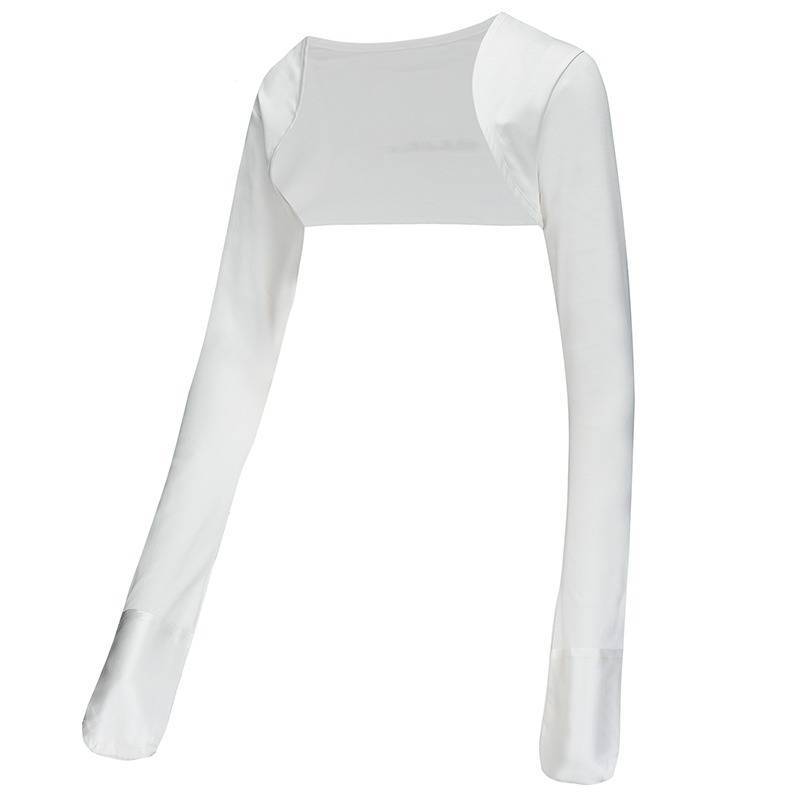Dementia and skin picking
How does dementia affect skin picking and scratching?
Scratching and skin picking is a common problem for dementia sufferers. One study in Japan found that it affected over 50% of residents in dementia care homes.
Some people with dementia find the urge to scratch overwhelming. It’s not uncommon for them to scratch until the skin is bleeding. They may not even be aware that they are doing it.
One explanation for this is that their skin is genuinely becoming more itchy as their skin ages. We all know how difficult it is not to scratch at an itch. In addition, dementia causes changes in the way the brain processes sensations. This means that people with dementia may feel more itching and discomfort or suffer from tactile hallucinations.
Problematic skin picking and scratching is behaviour that typically develops during the middle stages of dementia when the sufferer’s world starts to contract and they become more self-centred and less aware of cause and effect.
Another possibility to keep in mind is that people with dementia may scratch because they’re anxious or bored. Scratching can provide a temporary sense of relief from these feelings.
Why does skin become more itchy with age?
As we age, the oil glands in the skin become less productive. This, along with age-related changes to connective tissues, leaves skin less supple and more prone to becoming dry and itchy. This itching can be aggravated by the dry air, not drinking enough and medication side effects.
Other changes in ageing skin also leave it more fragile and slower to heal. These include a loss of fats in the hypodermis (the innermost layer of the skin) reducing the padding and protection provided by this layer; shrinking of the blood vessels in the dermis (the middle layer of the skin) making them easy to damage, leading to bruising and bleeding; and loss of pigment cells resulting the pale translucent appearance of ageing skin.
We all know how itchy a healing scratch or graze can be and this does not change with age. However, older skin is more prone to damage and the reduced blood flow means that healing is slower, so itching during healing can become more problematic.
Strategies for minimising skin picking in dementia
- Ask your GP to check for possible underlying causes for itching such as eczema, psoriasis, side effects of medications, liver or kidney problems or anxiety. Depending on the cause, your GP may be able to prescribe or adjust medication to reduce any itching
- Keeping hydrated. Fruit, ice cream and yoghurt are good sources of fluid if drinking enough is problematic.
- Ensure that your skin care regime is as effective as possible. Emollients can help reduce the itch of dry skin, as can itch relief creams like E45 Itch Relief. Keeping hands and fingernails clean will reduce the risk of infections.
- Experiment with toiletries and laundry detergents to identify possible irritants. Common irritants in toiletries include fragrances, -parabens and methylisothiazolinone. Optical brighteners and fragrances are the usual source of irritation in laundry detergents. Fabric softeners are also common irritants.
- Cold packs can provide temporary relief and distraction from troublesome itches as can tapping the itchy area.
- Using a humidifier can reduce the drying effect of warm rooms
- Keeping hands busy with an engaging task like sorting small items, turning pages of a photo album, stroking a pet or picking bobbles off an old jumper. There are also fidget toys available.
- Covering arms and hands with long, tricky to put up sleeves and gloves.
How can ScratchSleeves help combat skin picking
Sometimes the skin just needs time to heal, in which case you need to either protect the damaged skin with a dressing or bandage or keep the dementia sufferer’s hands covered.
When regular gloves are too easy to remove, ScratchSleeves can provide a comfortable and effective solution. Their cardigan design makes them tricky to take off without help while the loose fitting, cotton sleeves ensure the mittens stay in place without fastenings that could chaff and further damage delicate skin.
The double layer mitts provide protection against scratching and picking. The inner cotton layer moves with the fingers and slides over the outer layer of smooth, soft silk.
ScratchSleeves do not restrict movement in anyway. The mitts are large enough to allow the wearer to use their hands normally, for instance to hold a cup.
If you need more protection, please contact us for a custom order service.

Adult SuperSensitive
Our adult ScratchSleeves are designed to help with scratching at skin irritations such as Eczema, Psoriasis and Dermatitis. They are equally as effective at combating skin picking and hair-pulling, especially with dementia patients.

Quick buy



